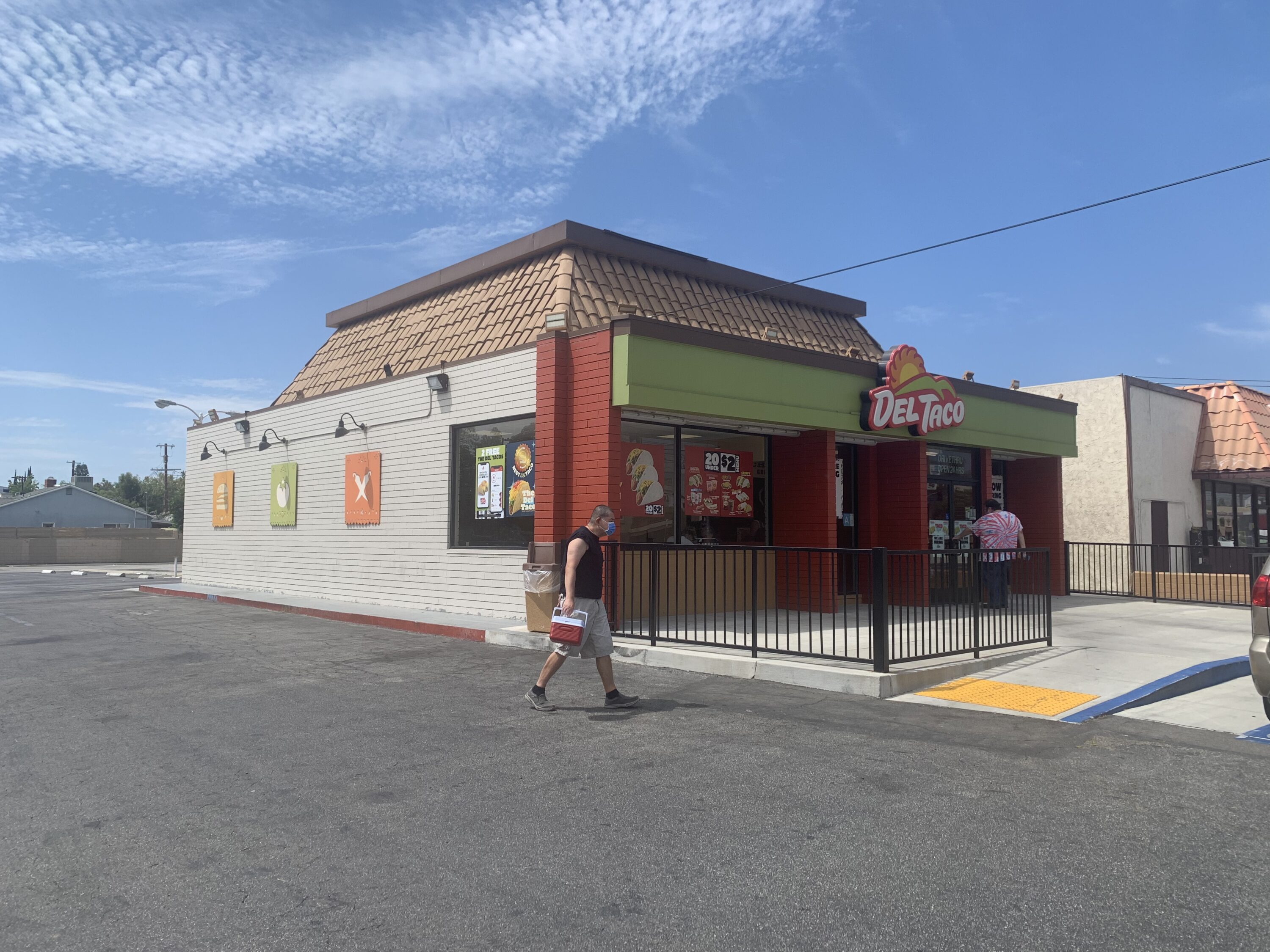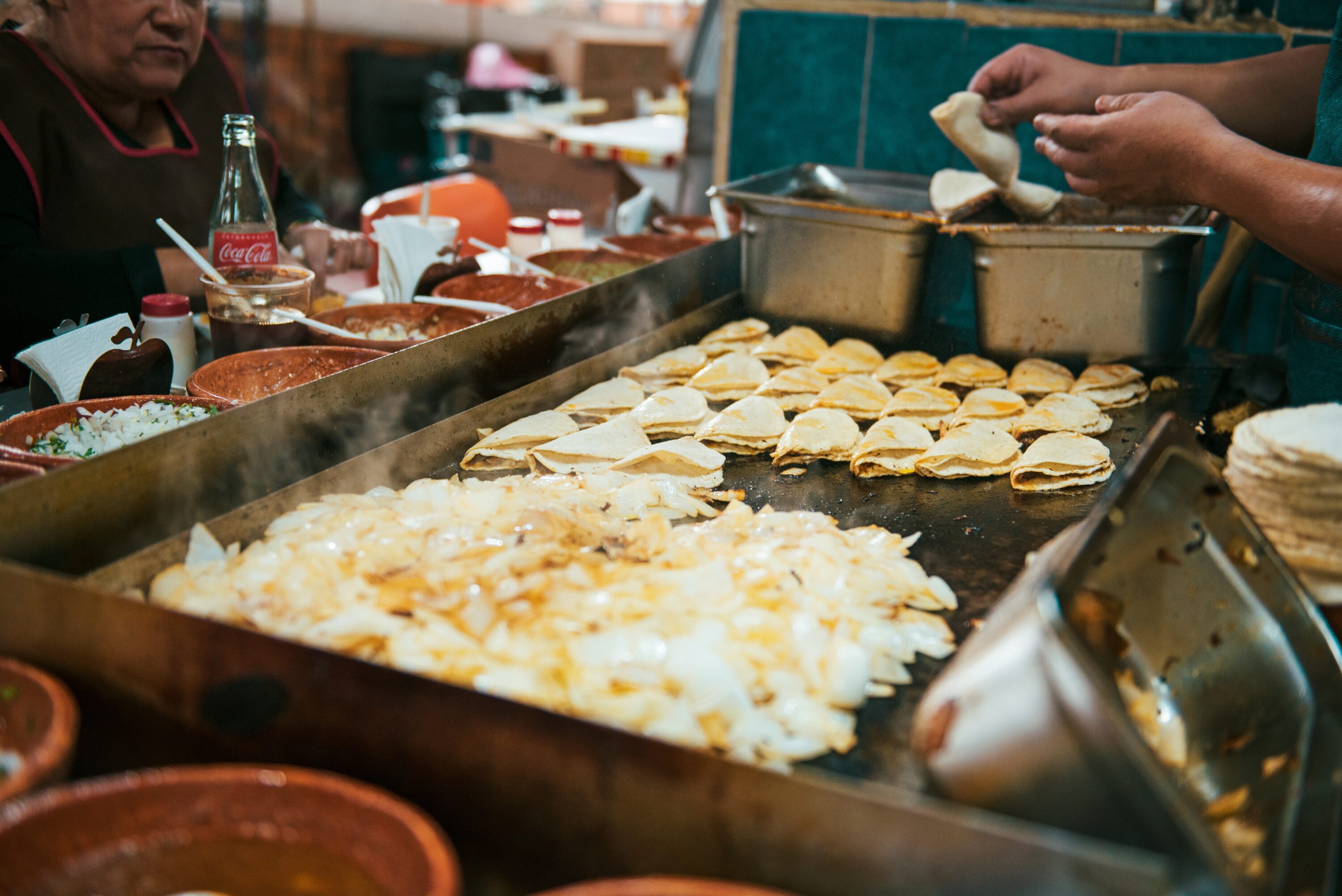Before the pandemic, one in five people in Los Angeles County lacked consistent access to food — and in 2021, one in four low-income families experienced food insecurity, according to a new report from a coalition of county and nonprofit leaders.
The Los Angeles County Food Equity Roundtable just released its strategic plan, designed to end food insecurity by 2030.
Charity Faye, program manager for the group Sisters in Motion, Black Women for Wellness, said families of color in Los Angeles have suffered disproportionately for many years.
“Black and Brown families are three times as likely to face hunger than our White individuals within communities,’ she said. “And so, food insecurity for us, we think of it as a public health crisis, because food access is actually a human right.”
The plan lays out policies to make healthy food more affordable and more widely available, to build demand for healthy food by addressing lifestyle issues, and to support sustainable, local farming.
Frank Tamborello, executive director of Hunger Action Los Angeles, said authorities could help many families afford more food by expanding the Market Match program, which offers vouchers to be used at local farmers’ markets.
“So, it’s not just that we need to get the county to implement new policies,” he said. “We need the county to use its considerable voice, as a huge population center in the United States, to win changes on the state and federal levels.”
He also praised the expansion of CalFresh to undocumented seniors and said he hopes to see the program include more age groups.
Jamie Fanous senior policy advocate and organizer with the Community Alliance with Family Farmers, said programs to make sure small farmers can survive tough times will support long-lasting, structural change.
“We have the solutions,” she said. “We just need to resource our farmers; we just need to resource the folks that are managing cooperatives or managing food hubs.”
The Food Equity Roundtable is funded by the Annenberg Foundation, the Weingart Foundation, and the California Community Foundation, and is co-chaired with Los Angeles County.
Disclosure: Hunger Action Los Angeles contributes to our fund for reporting on Budget Policy & Priorities, Consumer Issues, Hunger/Food/Nutrition, Livable Wages/Working Families. If you would like to help support news in the public interest, click here.
References:
Report Los Angeles County Food Equity Roundtable 2022
Written by Suzanne Potter, Public News Service







